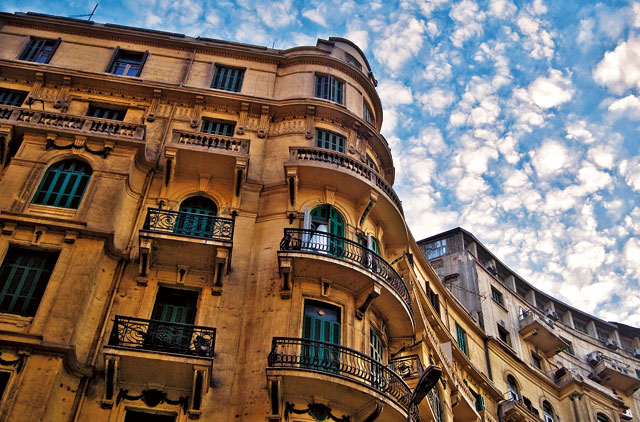BEIRUT: Russian air strikes over the past month have killed 27 Syrian civilians, a monitor said on Tuesday, the lowest monthly civilian death toll since Moscow began its bombing campaign.
Moscow first launched air strikes in support of its ally Syrian President Bashar Al Assad in September 2015.
Since then, it has killed more than 12,000 people including 5,000 civilians, according to the Syrian Observatory for Human Rights.
Moscow denies the claims and says it only targets “terrorist” groups.
Observatory head Rami Abdul Rahman said that “Russian air strikes killed 27 civilians, including eight children and three women” from April 30 to May 30.
“This is the lowest monthly recorded civilian toll” since Russia’s intervention, he said.
The highest 30-day toll was in September 2016, with 592 civilians killed, according to the Observatory.
Abdul Rahman said the past month’s air strikes had hit only territory controlled by Daesh, with no recorded Russian bombardment of areas included in a safe zones deal struck in Kazakhstan earlier this month.
That agreement, signed by regime allies Russia and Iran along with rebel backer Turkey, envisions the creation of four “de-escalation” zones including some of Syria’s bloodiest battlegrounds.
The Britain-based Observatory relies on a network of sources inside Syria and says it determines whose planes carry out raids according to type, location, flight patterns and munitions used.
Human rights groups and Western governments have criticised Russia’s air war in Syria, saying it bombs indiscriminately and targets civilian infrastructure including hospitals.
In addition to the Russian and Syrian air forces, warplanes from the US-led coalition fighting Daesh have also been carrying out bombing raids on Syria since September 2014.
Last week, the Observatory recorded the deadliest monthly toll for US-led coalition strikes on Syria, with 225 civilians killed between April 23 and May 23.
The Syrian conflict has killed more than 320,000 people since it began with anti-government protests in March 2011.













